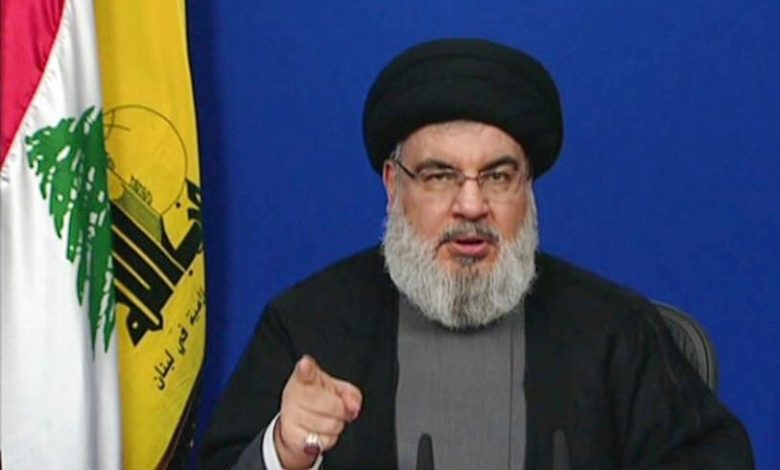New Threat: Hamas Exploits Palestinian Refugee Camps in Lebanon to Support Hezbollah

The relations between Hamas and Hezbollah are growing stronger and more dangerous in refugee camps throughout Lebanon, raising concerns about the security of camps managed by the United Nations. Hamas seeks to support the ranks of Hezbollah from Palestinian refugee camps in Lebanon.
According to the Indian news agency “ANI News,” the Iranian government has exploited the financial difficulties faced by Hamas by providing financial support in exchange for Tehran and Hezbollah’s support, as well as cutting off contacts with Egypt and Jordan.
Influence in the camps
The Indian agency added that this alliance gives Hamas strategic depth and influence in the refugee camps, allowing the Sunni Palestinian movement to become part of the “Shiite fabric in southern Lebanon.” Meanwhile, Hezbollah leader Hassan Nasrallah views Hamas as his “agent” against Israel, which apparently enables him to act without directing Israeli missiles towards Hezbollah strongholds.
The alliance of Iranian-backed terrorist groups, known as the “Axis of Resistance,” serves as Iran’s counterbalance to the Abraham Accords. This axis receives support from Shiite groups affiliated with Iran in Lebanon, Iraq, and Yemen.
The agency also noted that despite this, Hamas is caught in a network of internal and external interests, often conflicting with each other. Tehran sets the pace for Hamas’ establishment in Lebanon, interferes in its internal affairs, and demands compliance with the authorities of senior leaders of the Islamic Revolutionary Guard Corps, especially Hassan Nasrallah.
Secret meeting
The agency revealed that last week, leaders of Hamas and the Islamic Jihad in Palestine recently held a meeting with senior Iranian officials, where Hamas requested increased financial aid from Iran, citing difficulties related to Bitcoin transactions. This meeting was the first encounter between Hamas, Islamic Jihad, and Iran since five days of conflict between Israel and Gaza in May when Israel launched “Operation Shield and Sword,” killing three senior Islamic Jihad officials in Gaza on May 9 in response to rocket fire from the strip. Islamic Jihad launched approximately 1,500 rockets at Israeli civilian centers, and the Israeli military struck about 400 targets in Gaza. At the time, Hamas refused to support the movement.
The agency highlighted that Hamas has faced several crises in recent years, including Qatar’s abandonment of the Muslim Brotherhood group and its affiliates, which prompted the Palestinian movement to turn to Turkey, which is seeking to mend its relations with the Arabs at the expense of the Muslim Brotherhood and Iran’s allies. Hamas now finds itself with only one option, to support Hezbollah and implement Iran’s strategy in the region, and Iran and Hezbollah have exploited Hamas’ weakness.
The Indian agency added that nearly 480,000 Palestinian refugees live in 12 refugee camps supervised by the United Nations Relief and Works Agency for Palestine Refugees (UNRWA), and Lebanese law imposes severe restrictions on Palestinians regarding employment in many professions, land ownership, or claiming rights enjoyed by other foreigners living and working in Lebanon. Hamas appears to have started exploiting this crisis to Iran’s advantage.












